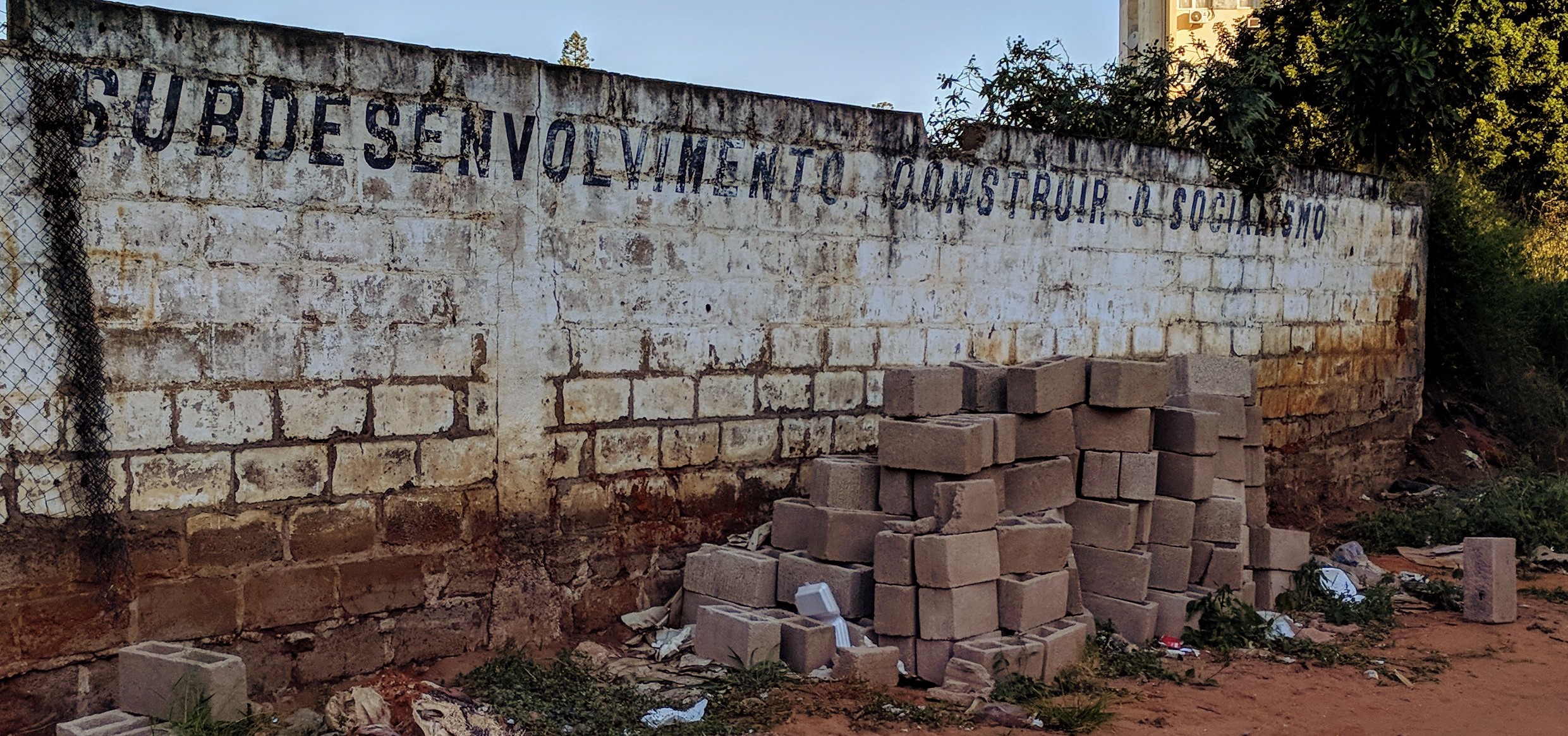Socialist ideas have resonated in political, social, philosophical, and cultural circles since Antiquity. Already Aristoteles and Plato debated ideas of resisting commodification of certain goods and services as a human virtue. In the early stages of European industrialization and scientific revolution, thinkers such as Jean-Jacques Rousseau wrote about the impact of trade and commerce on human nature. Undoubtedly though, socialism as a political, social, and economic philosophy is associated with the works of Karl Marx and Friedrich Engels. Their Communist Manifesto (1848) and Marx’s The Capital (1867) produced a considerable number of followers, inspired thinkers, groups, and parties, and became a voice and hope for the powerless around the world. Important historical and political landmarks of socialism were the Russian Revolution (1917), the Cuban Revolution (1959), and the Allende government in Chile (1973). From the 1950s until the late 1980s, socialism reigned on four continents. It was propagated as the liberation of the working class but often lived as a totalitarian system, tied to repression and lack of freedom. The fear of a socialist world order endangering a free-market philosophy motivated the USA and others to interfere with the politics of socialist nations, topple or kill their leaders, and finance right-wing dictators, as happened in Chile for example.
Until this day, anything “socialist” remains highly contested. Socialism as a political structure is a lived experience but also a distant utopia. The term has retained negative connotations in the imagination of many people in the Western world, conjuring images of state surveillance, borders, and the restriction of personal freedoms. The term is evoked to resist public measures of social solidarity, such as mandatory COVID-19 vaccination or the Affordable Care Act in the USA. Yet, socialist ideas have experienced a renaissance in politics with public figures such as Bernie Sanders or Alexandria Ocasio-Cortez.
This project seeks to explore what socialism means as a lived experience. How do people of different countries, cultural contexts, political affiliations, and generations who have in some way or other lived socialist ideas view the concept today? How do these views align with socialist ideals from their experience or that of their parents? By comparing ideas and views of the Global North and South, this project seeks to explore what socialism may offer to alleviate current, global crises such as climate change, pandemics, racial injustices, and ethnic wars.
Read interviews here.
